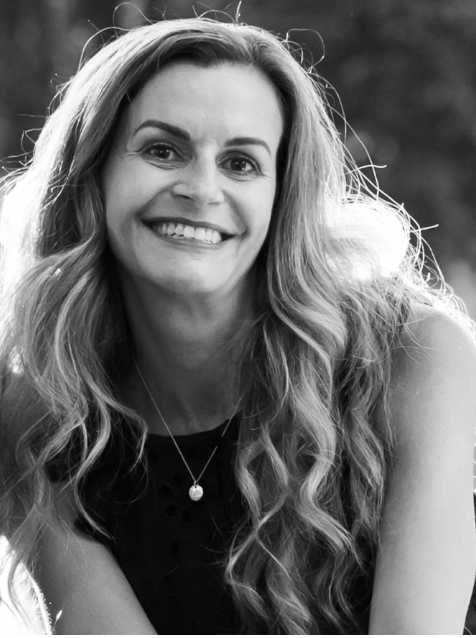The majority of people dabble with this sort of behavior, and many are willing to try plans, potions, or programs again and again in the hopes of slimming or reshaping their bodies. There’s nothing to be embarrassed about if this describes you. Why wouldn’t you want to look and feel great? That’s what marketing for food fads and diets suggest will happen if you just do what they recommend. The problem is that these are empty promises. Another problem, studies show that children’s risk of developing an eating disorder is significantly higher if a parent engages in restrictive eating behaviors.

Dieting is big business; the “health” recommendations about our appearance, bodies, and weight are not typically offered by altruistic health professionals seeking to help us feel good about ourselves and live long, healthy lives. They’re offered by unregulated companies looking to make money; they contribute to the diet culture in most industrialized countries. Diet culture refers to a set of messages and values that idealize thinness, suggest the importance of “controlling” our bodies through diet and exercise, and demonize certain foods and eating styles.
Many of the recommendations we see in diet culture messages are no different from diagnostic criteria for eating disorders. In other words, that diet that suggests you skip a meal or drastically reduce how much food you eat in a day is recommending exactly what psychologists like me attend to when trying to understand if someone has an eating disorder. Of course, there are other diagnostic criteria for eating disorders, but you’d probably be surprised at how much they overlap with diet culture messages.
What all diet culture messages tend to have in common is a focus on the importance of individual responsibility in how we look and feel. But the real problem is with the culture, not the individual! Many of us have been gaslit into believing we just need to try harder. However, our bodies are not never-ending projects.
One reason food fads and diets tend to fail is because they typically involve restriction of foods that we like to eat! It’s hard to avoid foods that may be among your favorites. Another reason for the predictable failure of most of these plans is because, at the most basic level, our bodies don’t respond to restriction in the way we typically want them to. Our bodies are hard-wired to respond to restriction as if we are starving and need to be saved. Usually, this means that restriction is met with an increase in food cravings, especially foods that provide us with fast and sustaining energy, such as carbohydrates and fats.
The global weight loss market was valued at 192.7 billion dollars in 2021, with projections indicating this could grow to 326 billion dollars by 2028. These staggering figures reflect not just the vastness of the industry, but also the pervasive influence of diet culture in our lives and the lives of the next generation.
When you start to feel tempted to try a diet or fad, remember these statistics. More importantly, consider the impact your actions may have on young ones who look up to you. By pushing back against diet culture by refusing to succumb to its false promises, you’re not only protecting yourself but also setting a powerful example for children and adolescents. Together, we can create a world where the next generation can grow up free from the pressure of unrealistic body standards and the risk of developing an eating disorder.
This article was adapted from Adultish: The Body Image Book for Life, which will be published in 2024. For more information about The Body Image Book series by Dr. Charlotte Markey, go to: www.TheBodyImageBookforGirls.com




